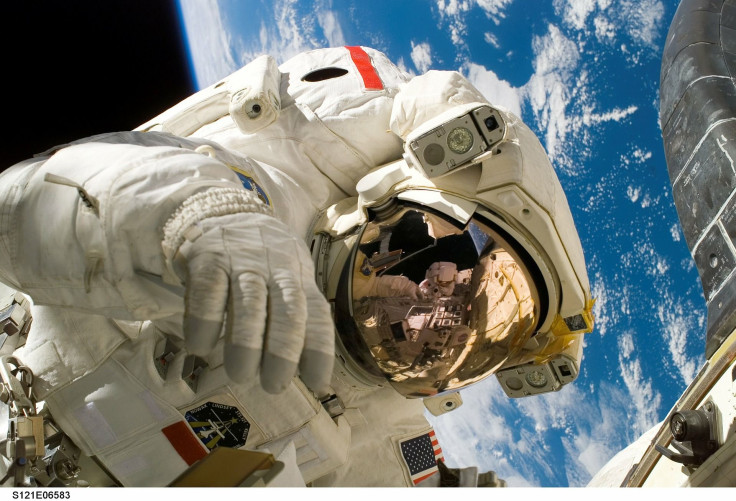NASA Twins Study: Extended Space Stay Alters Astronaut's DNA
Two years after spending nearly one full year aboard the International Space Station, NASA astronaut Scott Kelly's DNA has not returned to normal.
The most recent data from the NASA Twins Study, released at the 2018 Investigator's Workshop for NASA's Human Research Program, found that seven percent of Kelly's genes have not returned to normal since he touched back down on earth.

Because of the change, Kelly and his brother—retired astronaut Mark Kelly—are no longer considered identical twins.
The study examined the DNA of the brothers prior to Scott's 340-day stay on board the International Space Station and has continued to check the genetic makeup of the brothers over time to track changes.
While much of Scott Kelly's DNA has returned to normal, the seven percent difference remains altered, which suggests long-term changes in genes for those who spend an extended period of time in space.
The changes could signify long-term impact to the immune system, DNA repair, and bone formation networks, as well as hypoxia (oxygen deficiency in tissues) and hypercapnia (excessive carbon dioxide in the bloodstream).
For the study, NASA measured metabolites, cytokines, and proteins from the astronaut. The researchers found that spaceflight can cause a number of changes within the human body and can result in oxygen deprivation stress, increased inflammation, and dramatic nutrient shifts that affect gene expression.
For example, researchers reported that Scott Kelly's telomeres—end caps of chromosomes that typically shorten as a person ages—became significantly longer while he was in space.
NASA researchers plan to continue monitoring both of the Kellys in order to determine any other changes that extended time in space may have on the human body. The researchers plan on examining gut bacteria and bones, as well as trying to determine how the immune system responds to living off of Earth.
The findings should help NASA plan for other long-term missions that will require humans to live in space for an extended period of time, including a potential three-year mission to Mars.
© Copyright IBTimes 2024. All rights reserved.




















